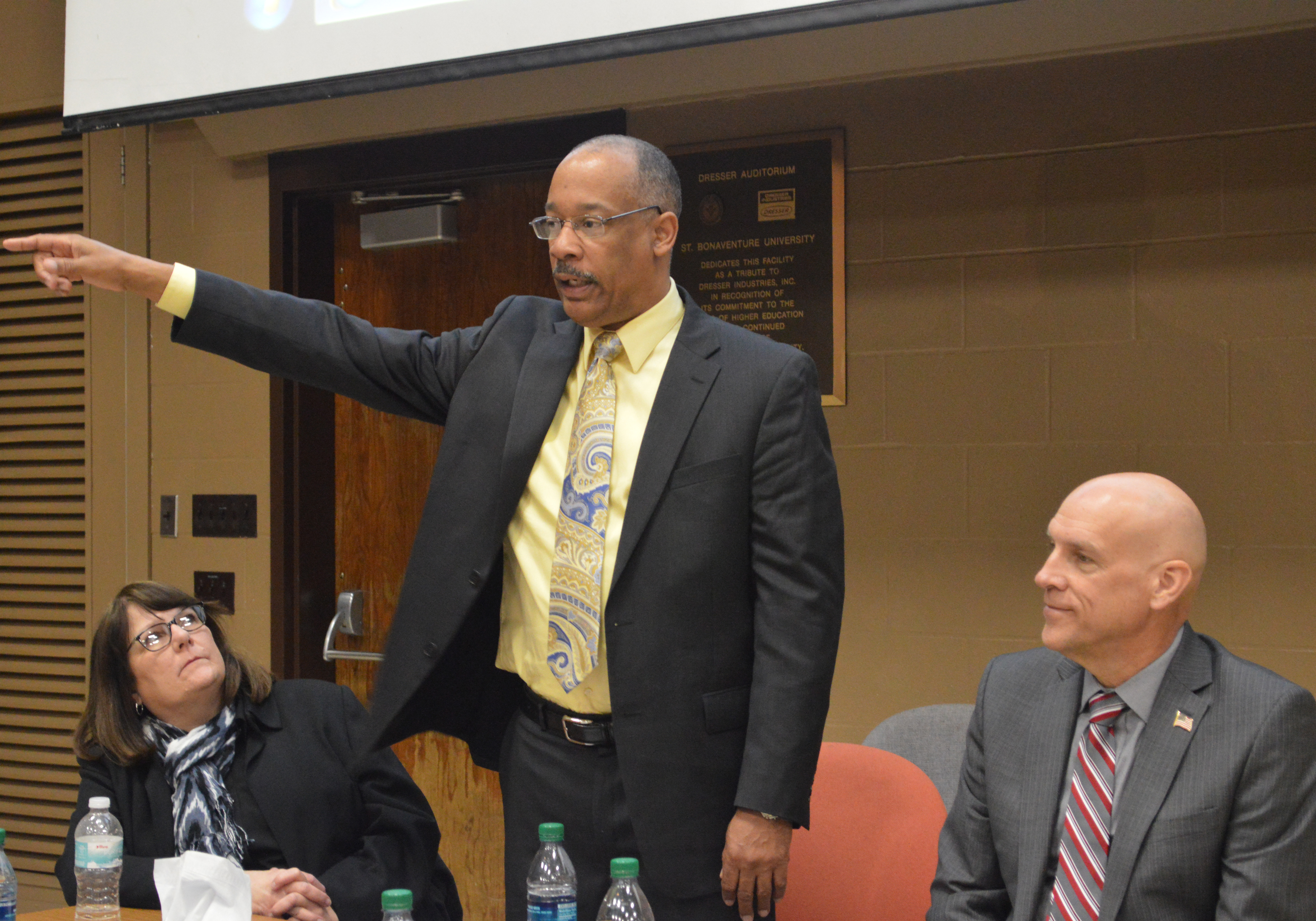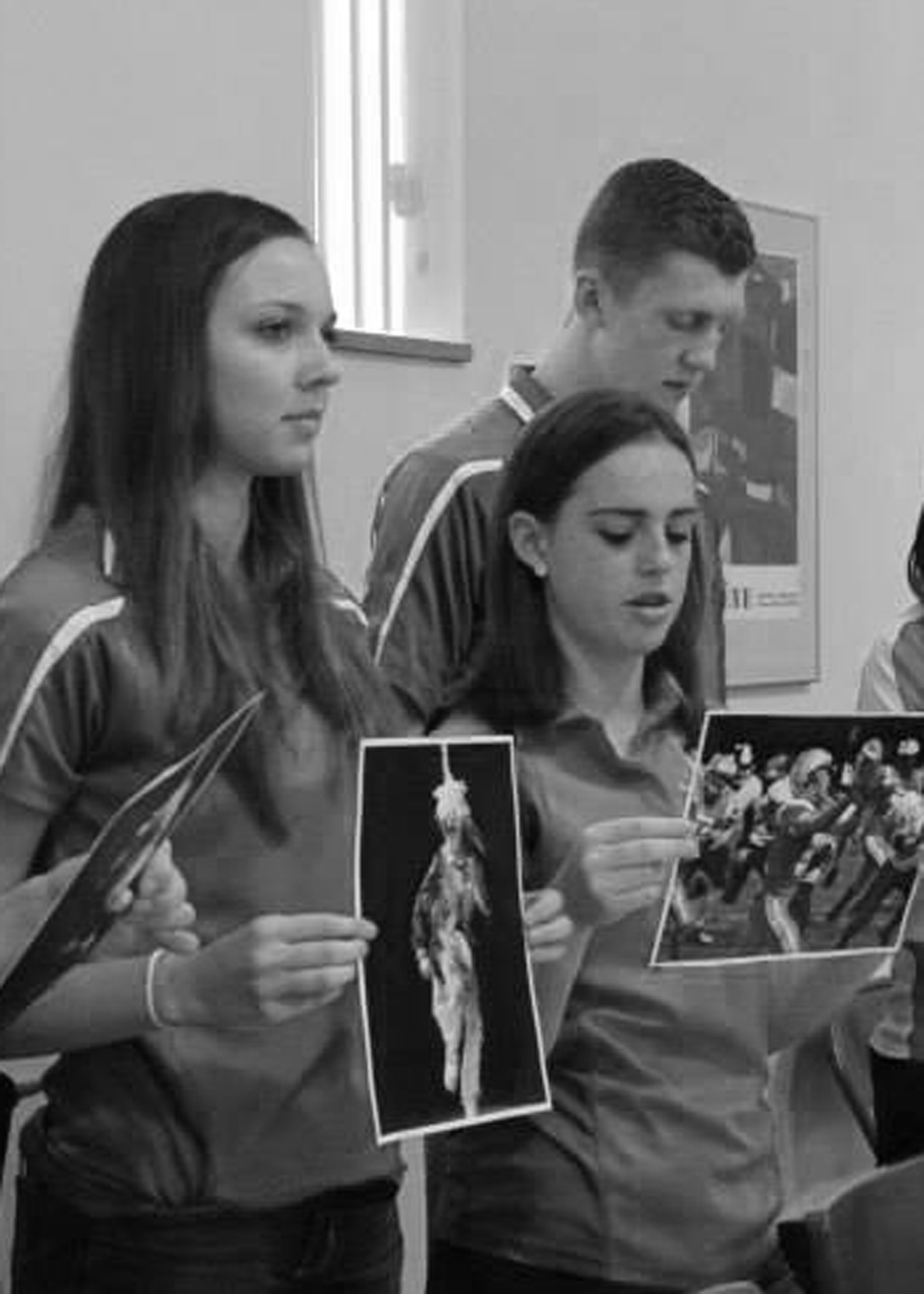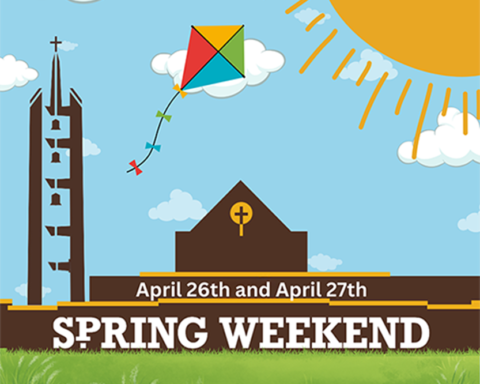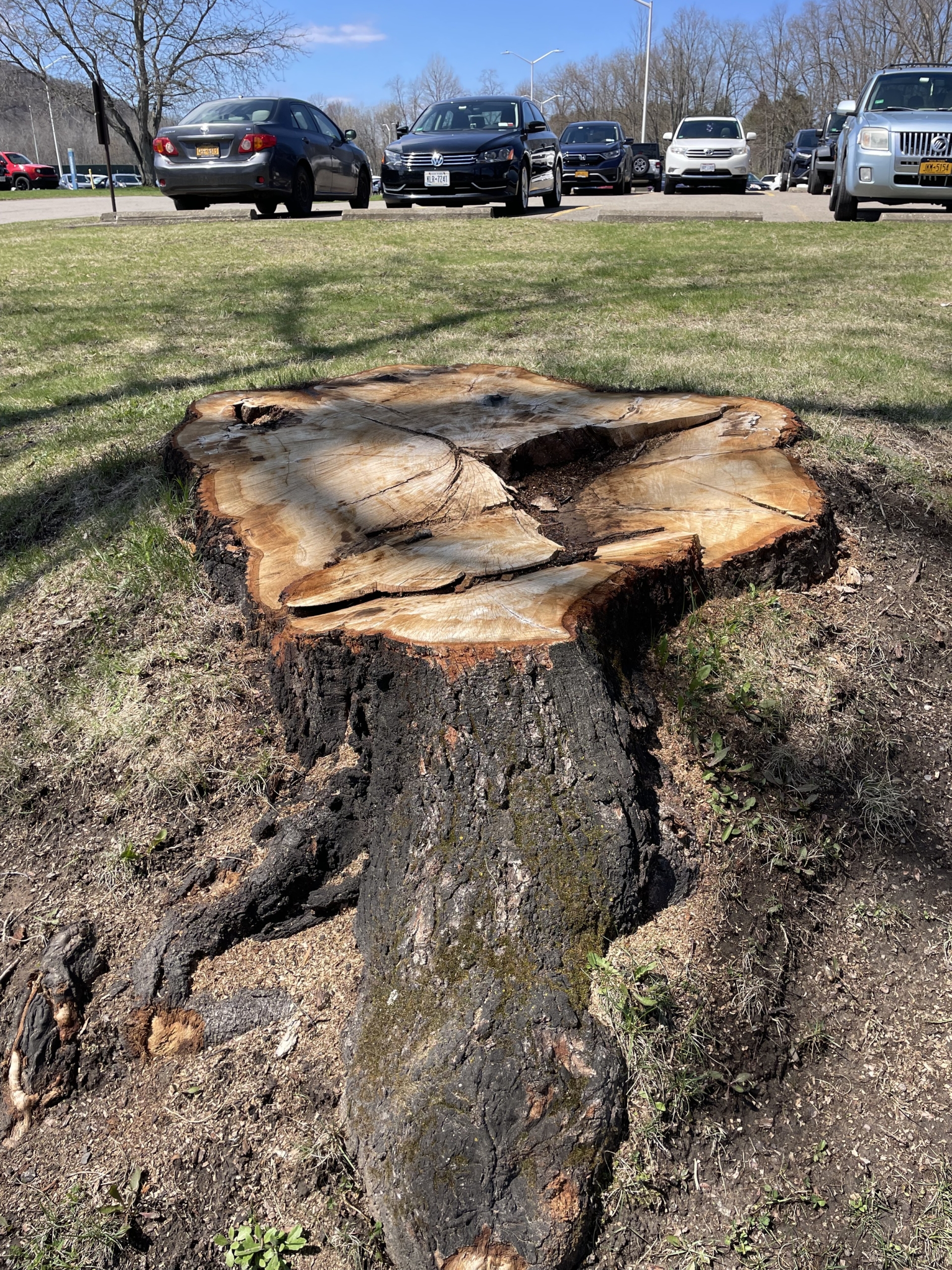By Hannah Gordon
Managing Editor
The #RaceMatters program hosted talks on the American judicial system, racial bias in society and cultural appropriation in Halloween costumes. The latter was lacking a crucial detail, according the Pauline Hoffmann, dean of the journalism and mass communication school.
“I guess I thought (Wicca) would be touched on a bit, although I do recognize that they’re talking more about race and so on, but I don’t think you can have a conversation about Halloween and about costumes and rituals and not discuss this,” Hoffmann said.
On Oct. 21, the second installment of the Residential Life Civil Dialogue Series, “Halloween Costumes: Offensive or All in Good Fun,” was led by Rebecca Wager, assistant director of residential living, and Parker Suddeth, coordinator for the Damietta Center for Multicultural Student Affairs and residential director.
The discussion centered on racial stereotypes in costumes, specifically touching on black face and dressing as a Native American or Mexican person.
Hoffmann began exploring Wicca, a modern pagan, witchcraft religion, about 25 years ago during her time as a student at Bonaventure. She said she was surprised Wicca wasn’t brought up because Halloween is a sacred holiday for Wiccans.
“I compare Halloween to New Years because it’s the time when, ritualistically speaking, you kind of make resolutions,” Hoffmann said. “So when you’re casting spells, you kind of think about what you want…For me, I don’t ever ask for things that I don’t think I can do…If I’m trying to do something like get healthier or improve on my career or something, I think about the steps that I need to take to do that and cast that sort of energy out there, but I have to be able to make the commitment.”
The religion also celebrated Halloween as the time of year when the veil between this life and the next is the thinnest, so witches are able to communicate with those who may have come before them.
Halloween has debated origins, but Wicca is thought to be a possibility. According to Hoffmann, the holiday has become secularized so that witches are seen as a specific stereotype.
“It’s kind of offensive,” she said. “What’s the visual you get at Halloween? You see the witch with the green face, the big old nose, the warts, the pointy hat. I don’t look like that. I don’t behave that way. I’m not sacrificing animals and things.”
Hoffmann added that it’s important to recognize those stereotypes—just like the #RaceMatters campaign recognized the stereotypes of black, Native American and Mexican cultures.
Wager said that although Wicca wasn’t brought up at the civil dialogue, she’s glad Hoffmann questioned it.
“I believe it’s important to recognize those who feel marginalized and educate ourselves on how we can stop perpetuating hurtful and/or false information about the spiritual identities of others,” Wager said.
The #RaceMatters campaign was designed to foster important conversations and “extend openness, acceptance, and understanding to one another,” according to Wager.
“It’s just one of those things that I think we don’t think about, but I think if you’re trying to have this conversation on campus, it needs to be inclusive,” Hoffmann said. “Don’t forget us. Don’t forget that there are a group of folks for whom (Halloween) is a very sacred holiday and it’s sort of bastardized.”
Wager said the discussion was an open forum for students to choose the topics as the discussion continued.
“We opened the conversation after a brief introduction of the topic of cultural appropriation and let the program flow from idea to idea brought up by the audience,” Wager said. “While (Wicca) was not brought up by participants, the sentiment of respect and sensitivity regarding all races, ethnicities, identities and religions was a very evident thread throughout the conversation.”
While she would have liked Wicca as a part of the #RaceMatters Halloween discussion, Hoffmann said her broader goal is to see it represented in the curriculum.
“I don’t know that it necessarily needs to be a part of the #RaceMatters (program),” Hoffmann said. “It just bothered me that this part of the discussion didn’t think to include it.”





